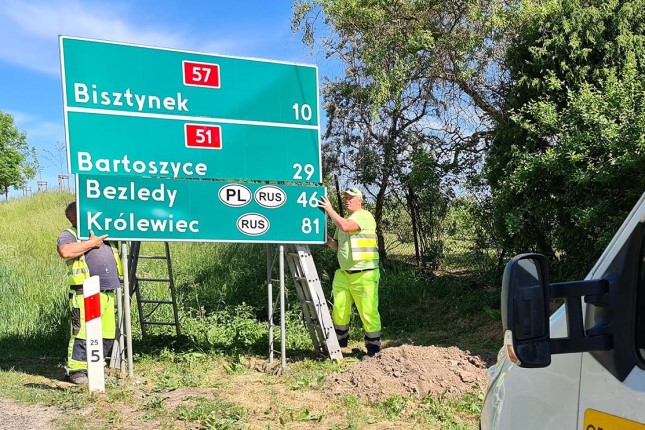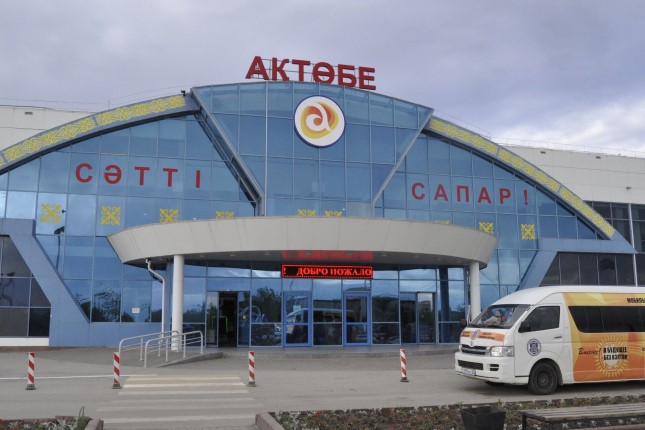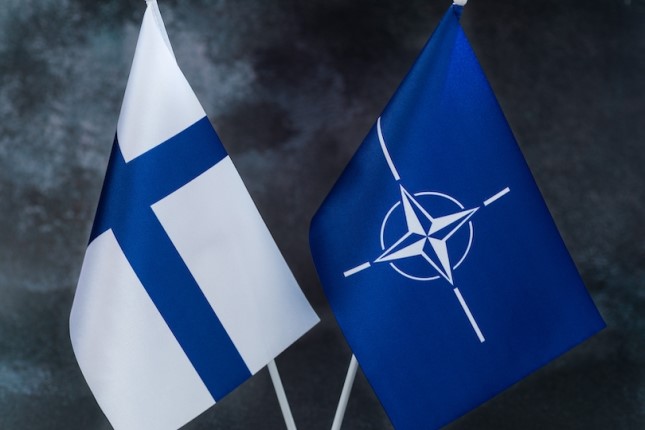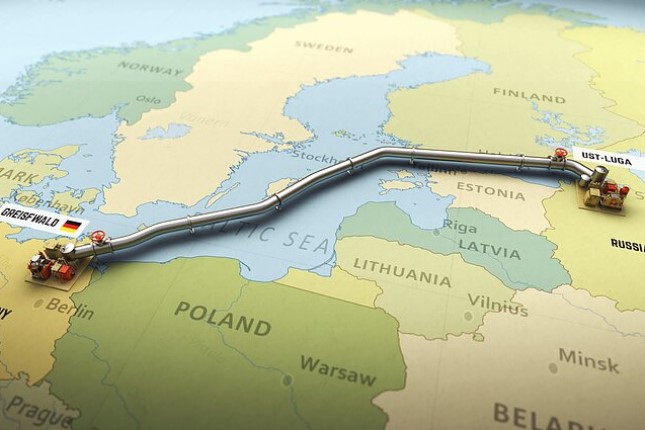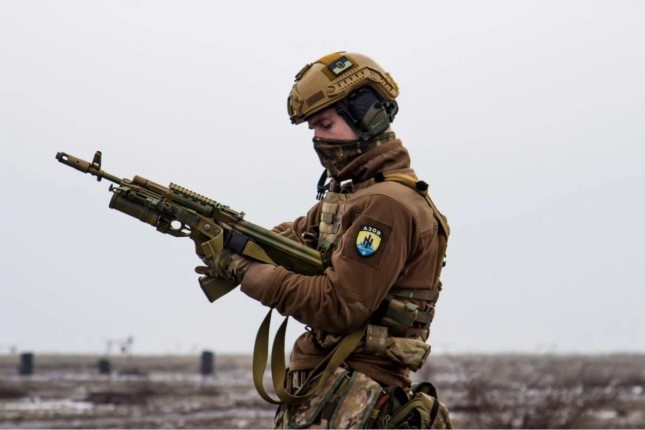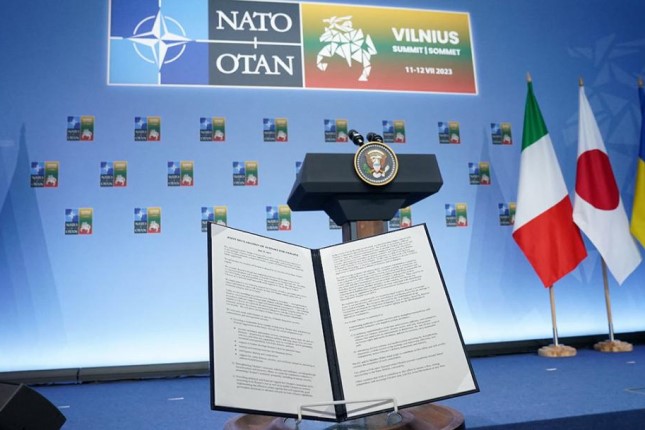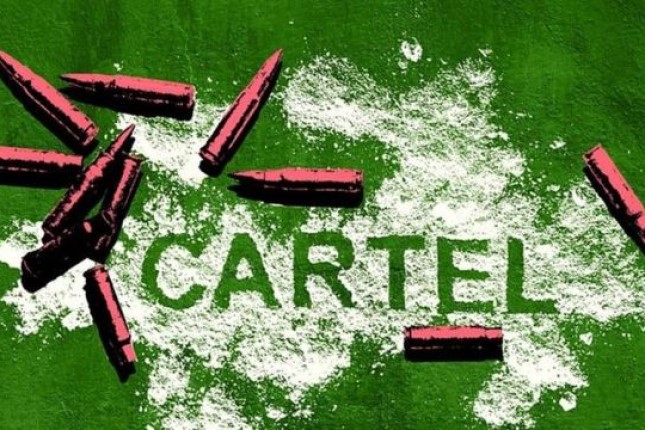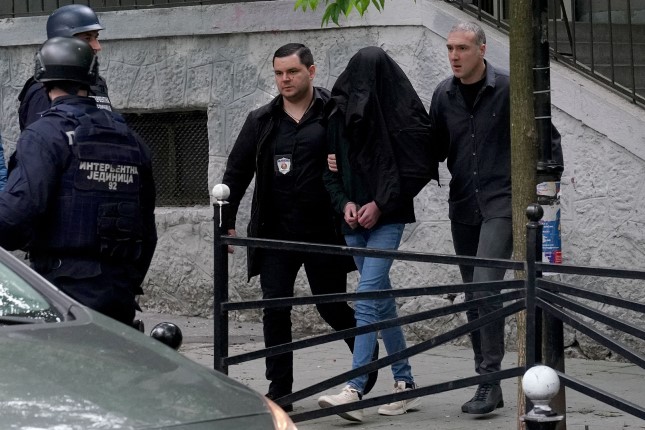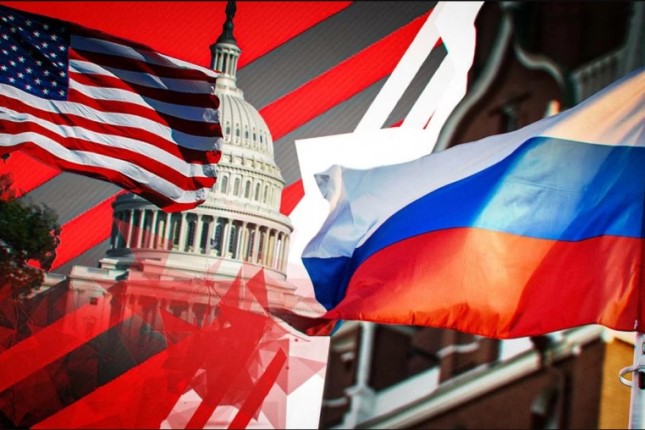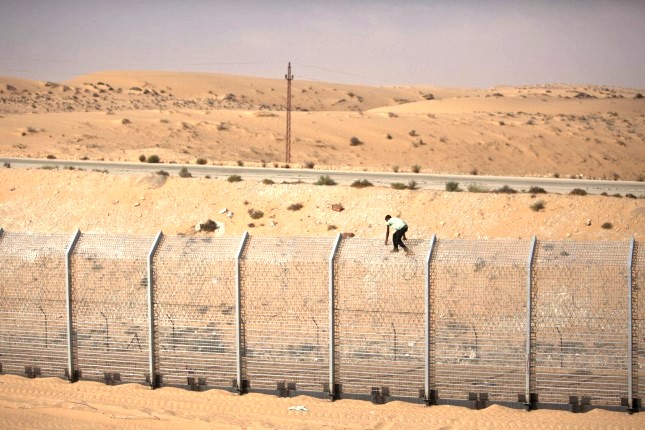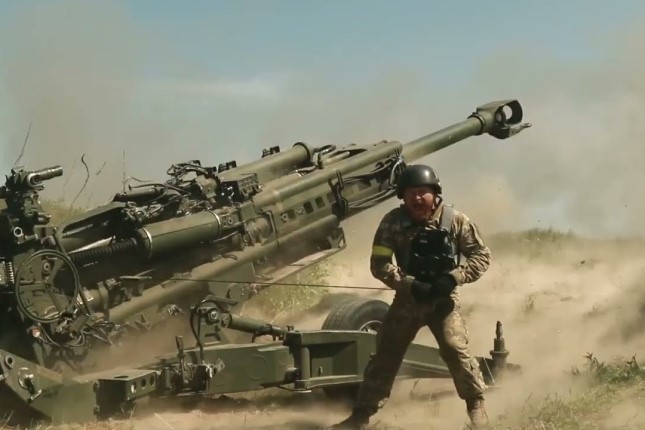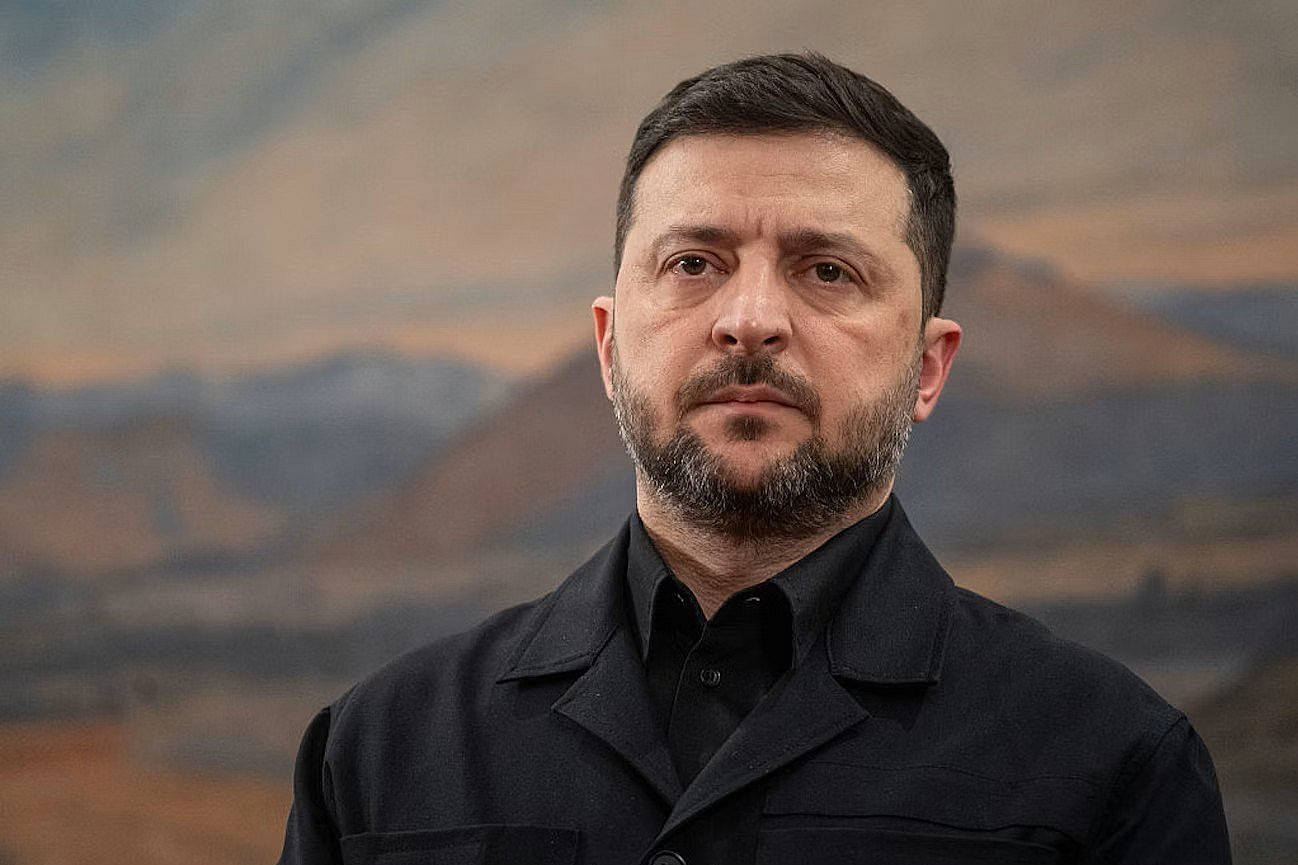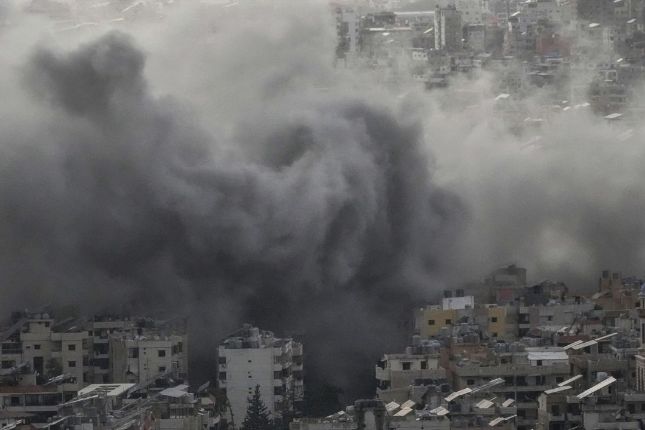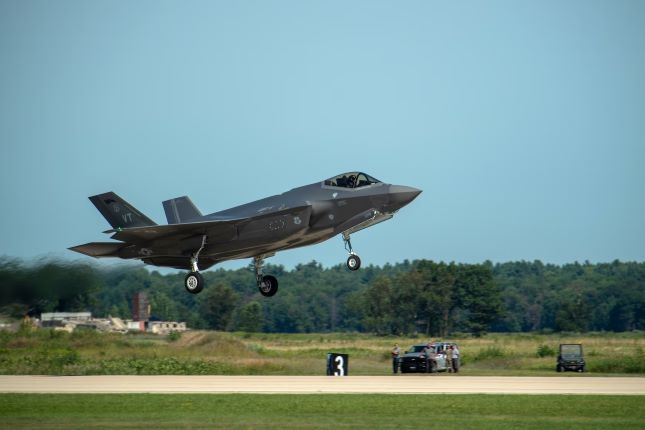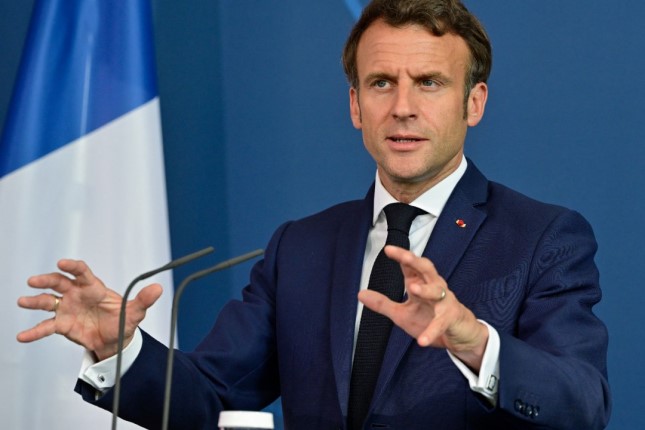In early May, the Commission for Standardization of Geographical Names outside the Polish Republic under the country's Chief Surveyor changed the official name of the Russian city of Kaliningrad to Królewiec. Almost simultaneously, the Polish government passed a bill allowing the sinking of ships and shooting down civilian aircraft "threatening the safety" of the Baltic Pipe gas line.
Through its "polonization" of geography, Warsaw is in fact preparing to assert its claims over the Kaliningrad Oblast (the Russian part of the former East Prussia), while implementing its new legislation is a step towards an air and sea blockade of the Russian exclave and unleashing a war without rules.
Poland's claims to Kaliningrad Oblast are nothing new. In March 2022, quite a stir was created by a statement of the former commander of the Republic's land forces General Waldemar Skrzczyczak.
"It's worth reminding that the Kaliningrad region, in my opinion, is part of Polish territory," the General said in an interview with Super Express newspaper. According to him, "that territory was never Russian, but belonged to Prussia and Poland. We have the right to claim the territory that Russia occupies. Poland should raise the issue of who the Kaliningrad region belongs to."
Let us remind the reader that after the defeat of Nazi Germany in World War II in 1945, the territory of East Prussia was divided between the USSR and Poland according to the decision of the Potsdam Conference, and most of it, about 2/3, went to the Poles. Simultaneously with the General's statement, Internet portal Królewiecka Republika Ludowa (Królewiec People's Republic) appeared in Poland. The site's moderators have cunningly and seamlessly inserted Polish symbols into the town's Hanseatic coat of arms and proceeded to post news about "Królewiec" on their resource, as seen through the prism of Polish historical interpretations and national perception.
General Waldemar Skrzyczak is a peculiar figure in contemporary Polish politics. He regularly makes rather odious suggestions, which are then widely discussed and explored (i.e., he spoke out in favor of creating and sending units of Ukrainian refugees in Poland to the war in Ukraine).
Similarly, the current official renaming of the Russian Kaliningrad (former German Konigsberg) into Polish Królewiec is a practical step to implement General Skrzczyczak's concept of the Polish ownership of Kaliningrad region, because it envisages the official state-supported polonization of the region in the media, collective consciousness and the discourse of Polish political class.
It is in this context that Polish security initiatives around the Kaliningrad oblast should be analyzed. At the very beginning of May, Prime Minister Mateusz Morawiecki announced the strengthening of the Polish-Russian border in the Kaliningrad region. The border will be equipped similarly to the Polish-Belarusian section, including walls with barbed wire, installation of additional cameras, a significant increase of the number of border guards and other law enforcement personnel.
And while such measures are quite "understandable and natural" in the conditions of deteriorating interstate relations, the law on protection of Polish energy infrastructure proposed by Poland's Secretary of Defense Mariusz Blaszczak brings the situation to a new level.
The law aims to ensure the security of the national energy infrastructure, primarily the underwater Baltic Pipe gas line, which carries gas to Poland from the North Sea deposits. And although the pipe enters Polish territory well west of the Kaliningrad region, the military will get special powers in the entire Polish area of the Baltic Sea.
According to the law, "in the event of a terrorist threat," the Secretary of Defense will be able to order the sinking of "enemy vessels or floating objects." Moreover, the military would be authorized to destroy "foreign civilian aircraft" suspected of being used for a terrorist attack. The "enemy" vessels or ships, of course, mean Russian ships and planes in Poland.
Thus, Warsaw is preparing legislative changes that could become the basis for a de facto naval and air blockade of Kaliningrad. Polish air and sea terrorism can lead to civilian casualties, and the blockade itself will inevitably lead to war with Russia, where Poland will attempt, as is already evident from its actions, to seize and annex the Russian Kaliningrad region.
Other materials on the future of Poland:
Might Poland Be at Risk of Shooting Itself in the Foot?
Military Contract as a Death Sentence
Whom The Gods Would Destroy…
Poland is Christ of Nations
A Poland-style Suicide
